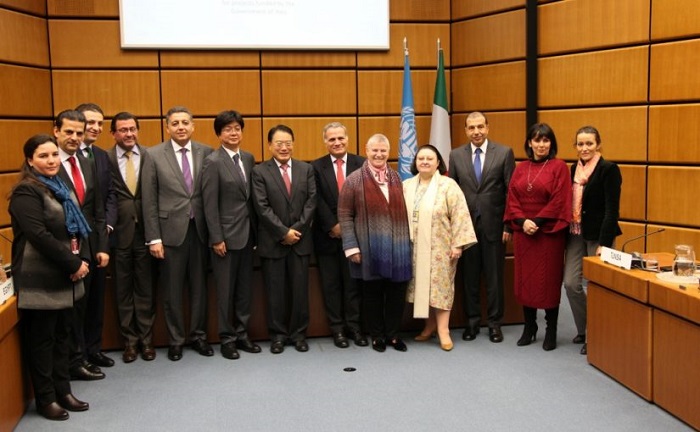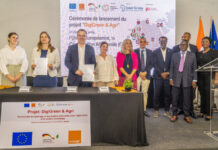Italy and the United Nations Industrial Development Organization (UNIDO) recently signed a US $5m agreement to fund agro-industrial projects in Mozambique and Tunisia. This move has served to further reiterate Italy’s continued support for inclusive and sustainable industrial development. Director General Marrapodi also announced the funding of US $1.5m for the second phase of a project to be implemented in the MENA region.
According to media reports, two projects, in Mozambique and the MENA region are projected to promote value chain development in agro-industries. The projects could not take place in a better area, as UNIDO has a unique competitive advantage resulting from its successful record in the implementation of programs and projects regarding leather and leather products, apparel and textiles, coffee and other agricultural produce.
On the other hand, the third project, in Tunisia will focus on artisan and design value chains to create jobs and economic opportunities for vulnerable populations in the country. The project, which is co-funded by the European Union and Italy, will follow UNIDO’s innovative approach of upgrading traditional and creative industries while promoting cultural heritage and know-how.
Director General Marrapodi said that the organization’s competence in analyzing and upgrading agribusiness value chains is essential to improve the performance of developing countries, especially through public-private partnerships. He further added that in Mozambique, UNIDO will partner with Illycaffè and the Ernesto Illy Foundation to develop the Ibo specialty coffee in the Cabo Delgado province. Similar efforts were already successfully undertaken in Ethiopia, also with Italian funding.
The MENA region project will cover Algeria, Egypt, Jordan, Lebanon, Morocco, Palestine and Tunisia. According to a press statement from Italy’s Foreign Affairs Ministry, the project will not only build on previous achievements but will also benefit from ongoing cooperation with UN Women as well as the Food and Agriculture Organization of the United Nations (FAO). It will also improve the financial capability of women entrepreneurs as well as enable financial service providers to be more gender-responsive.









